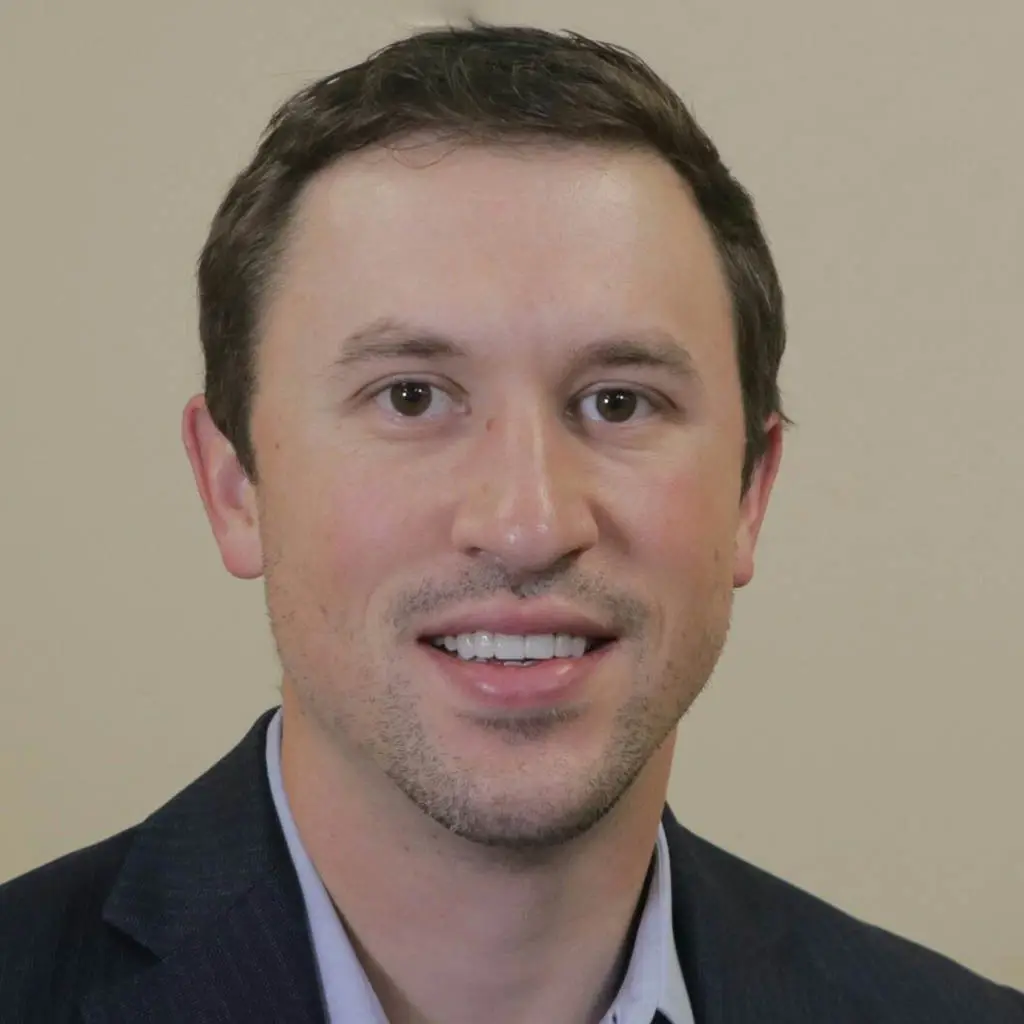SPI Informatics Program
This program functions at the intersection of data, trends, informatics, analysis, health care delivery, and more. Its work creates guidance and recommendations around suicide prevention that are actionable, precise, and effective.

Program Overview
Informatics is the science of how to use data, information and knowledge to improve human health and the delivery of health care services. Informatics experts in the SPI Informatics Program harness the power of technology to achieve these goals. The project team uses public health data, health system data, knowledge of health care workflows, and more to gather insights about people who are at risk of suicide. Then they translate that knowledge into tangible strategies to identify, support, and care for those individuals, their families, and the communities where they live.
The SPI Informatics Program is synergistic and provides methodological support to various primary, secondary, and tertiary suicide prevention efforts.
This program contributes to operational interventions, educational interventions, and research questions related to suicide prevention.

Program Impact
Informatics can look at and analyze health data from many different sources. That includes within a single health system like UNC, in a single community, in a broader region, or the entire state of North Carolina. It can help identify emerging challenges early or help develop the right solutions to existing challenges. In the context of suicide prevention, the power and potential of informatics is critical. And that is why the SPI Informatics Program is an important part of the SPI mission. This program works hand-in-hand with other SPI programs to report on data, create precise interventions for people in need, track progress, and demonstrate the impact of SPI’s work across the entire state.
- The project team provides insights on suicide prevention to SPI leadership, other SPI programs, the UNC Healthcare System, and the broader scientific community.
- The program looked nearly 10 years of health care data from UNC Health on the treatment of patients who have medically serious suicide attempts, and helped create interventions to promote suicide prevention for patients who receive care at UNC Health.


